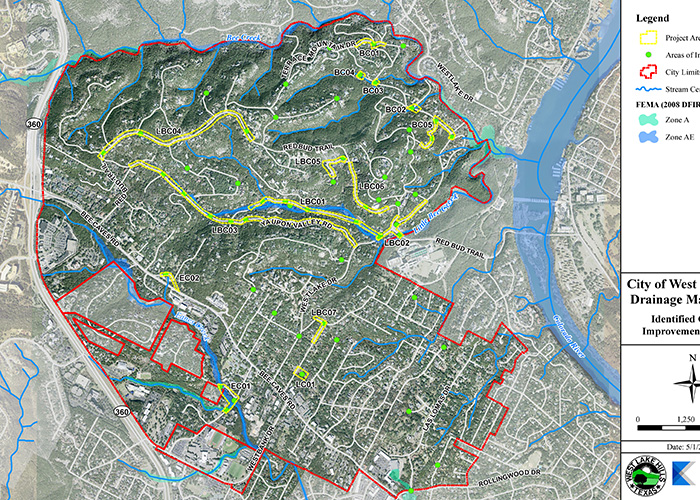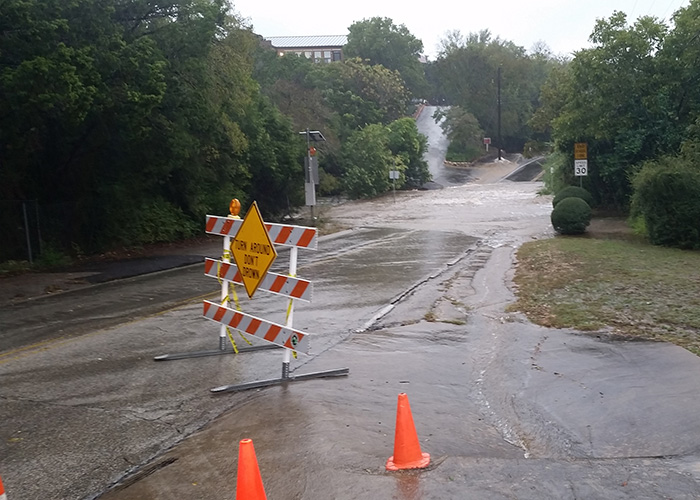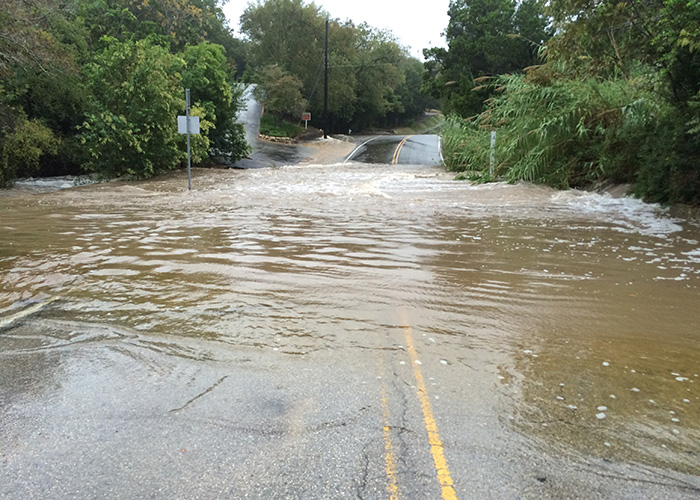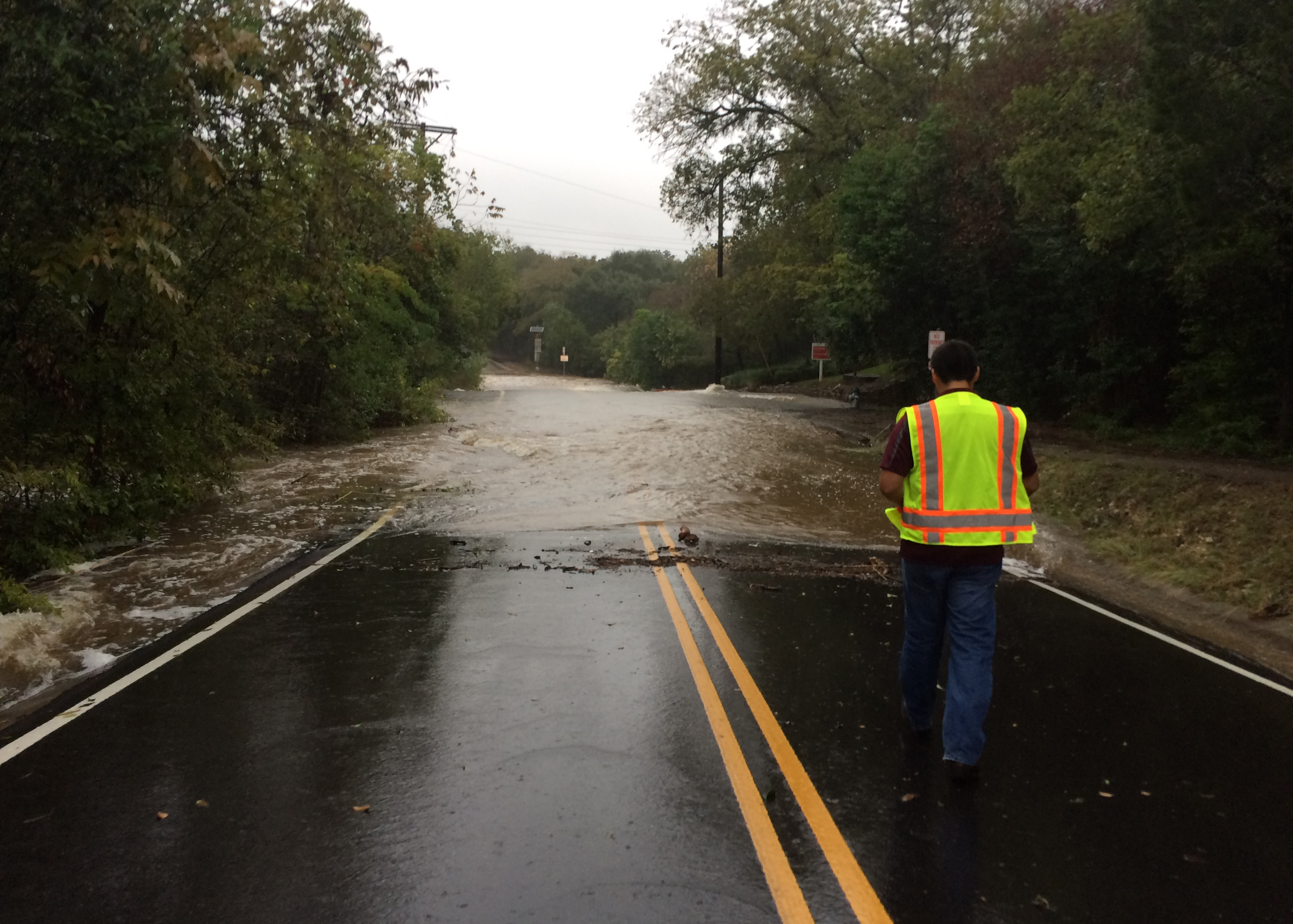City of West Lake Hills Drainage Master Plan Phase II
Performing a City-Wide Drainage Study to Reduce Flooding and Improve Safety and Mobility
Project Purpose
Within the last 5 years, development pressures have intensified on the remaining, undeveloped pockets of land within the small, vibrant community of West Lake Hills. As the city continues to grow, there is a need to address current and future drainage concerns. With steep terrain and two major creeks, Eanes Creek and Little Bee Creek, the city is faced with a challenging landscape. Inadequate channel capacity, erosion, and sedimentation have led to roadway overtopping and flooding issues throughout the city. The drought-ending rain events of 2015 also brought a renewed focus to the risk to public safety and infrastructure and a need to develop a master drainage plan.
Project Approach
KFA was retained by the city of West Lake Hills to perform a comprehensive city-wide drainage study to identify current conditions and provide short and long-term solutions. The plan was broken into two phases: Phase I, focusing on data collection, public involvement and outreach, and review of the current drainage code; and Phase II which prioritized drainage issues and created a capital improvements program. During phase I, 56 areas of interest were established and categorized by the primary cause of the issue. These issues were investigated in engineering detail during Phase II. The areas of interest were combined into projects and prioritized based on safety and other factors. Solutions and cost estimates were prepared for the top five projects. An assessment of the current Code of Ordinances was conducted; KFA recommended and completed code revisions to combine the drainage policy into one section and the creation of a separate Drainage and Erosion Control Design Manual.
Project Results
Short-term and long-term capital project solutions, new maintenance priorities, new standard techniques, and ultimately a consistent, integrated set of policies to address the types of issues residents of West Lake Hills have experienced were identified and adopted by the city.




